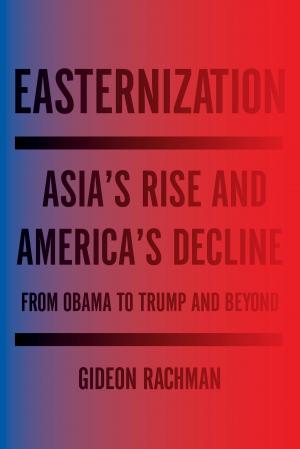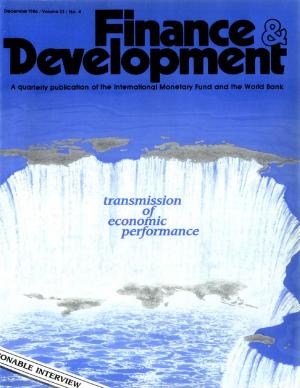Idiots breed Idiots
Why men no longer are created equal
Nonfiction, Social & Cultural Studies, Social Science, Demography, Business & Finance, Economics, International Economics| Author: | Niklas Hageback | ISBN: | 9789188667540 |
| Publisher: | TRSE Media AB | Publication: | June 25, 2018 |
| Imprint: | Logik | Language: | English |
| Author: | Niklas Hageback |
| ISBN: | 9789188667540 |
| Publisher: | TRSE Media AB |
| Publication: | June 25, 2018 |
| Imprint: | Logik |
| Language: | English |
With a highly provocative title the author presents a book of utmost importance for understanding current developments, primarily in the Western World. In Idiots breed Idiots Niklas Hageback describes the history of Eugenics, and how events that after the Second World War “should never happen again” in reality are happening ever more today, through increasingly advanced prenatal diagnosis and abortion.
The techniques and methods are generally appreciated by parents who contend that they do not want their children to have severe diseases or disabilities. In the book Hageback also describes the socio-economic incentives that exist for continued implicit eugenic development.
Hageback’s account presents an unbiased discussion about subjects that are otherwise often very emotional, and in many cases have been silenced completely, even though their impact on society is significant, if not crucial. The author refers repeatedly to the latest research on the topics discussed, and each chapter is presented with an extensive list of references and footnotes.
Hageback summarizes what is now known about general intelligence, measured as IQ, and shows how the average IQ for a country correlates with GDP per capita, levels of unemployment, welfare, health care and crime. And maybe even more interesting, how a change in a country’s average IQ affects these factors. He demonstrates that cognitively less-demanding jobs are now being automated, and discusses the socioeconomic impact of this on society, as well as the demographic consequences. He shows that there is an ever-growing division today between groups that can be increasingly distinguished by their IQ levels. Based on the way society looks today, it is possible to expect a continued tendency for these groups to live, socialize and produce children within each group, and also to produce different numbers of children depending on the economic conditions for each group. How is society impacted by the fact that “Idiots breed Idiots”?
The author also analyzes the way in which societies and civilizations have collapsed throughout history, and weighs in demographic factors such as the impact from migration and birth rates for groups with different average cognitive levels. In conclusion the discussion is summarized, and the author presents the open question of whether we are currently undergoing a transformation from Homo sapiens sapiens to Homo economicus. Something only the future will tell…
With a highly provocative title the author presents a book of utmost importance for understanding current developments, primarily in the Western World. In Idiots breed Idiots Niklas Hageback describes the history of Eugenics, and how events that after the Second World War “should never happen again” in reality are happening ever more today, through increasingly advanced prenatal diagnosis and abortion.
The techniques and methods are generally appreciated by parents who contend that they do not want their children to have severe diseases or disabilities. In the book Hageback also describes the socio-economic incentives that exist for continued implicit eugenic development.
Hageback’s account presents an unbiased discussion about subjects that are otherwise often very emotional, and in many cases have been silenced completely, even though their impact on society is significant, if not crucial. The author refers repeatedly to the latest research on the topics discussed, and each chapter is presented with an extensive list of references and footnotes.
Hageback summarizes what is now known about general intelligence, measured as IQ, and shows how the average IQ for a country correlates with GDP per capita, levels of unemployment, welfare, health care and crime. And maybe even more interesting, how a change in a country’s average IQ affects these factors. He demonstrates that cognitively less-demanding jobs are now being automated, and discusses the socioeconomic impact of this on society, as well as the demographic consequences. He shows that there is an ever-growing division today between groups that can be increasingly distinguished by their IQ levels. Based on the way society looks today, it is possible to expect a continued tendency for these groups to live, socialize and produce children within each group, and also to produce different numbers of children depending on the economic conditions for each group. How is society impacted by the fact that “Idiots breed Idiots”?
The author also analyzes the way in which societies and civilizations have collapsed throughout history, and weighs in demographic factors such as the impact from migration and birth rates for groups with different average cognitive levels. In conclusion the discussion is summarized, and the author presents the open question of whether we are currently undergoing a transformation from Homo sapiens sapiens to Homo economicus. Something only the future will tell…















